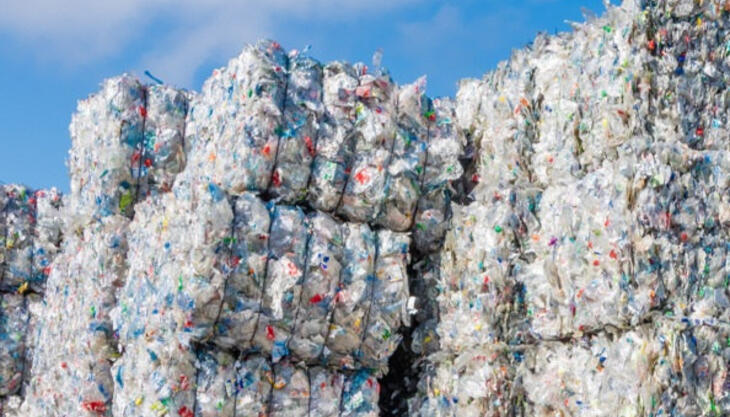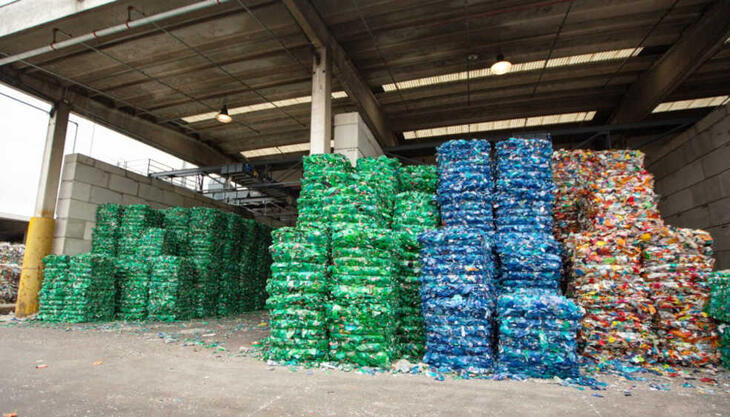
The 22 November at the Research centre of the CNR in Pisa saw the conclusion of the project entitled “Leguval: Valorisation of legume co-products and by-products for package application and energy production from biomass”, as part of the seventh framework programme (FP7) supported by the European Commission. The project as well as involving the project partners has also involved the Assobioplastic Association, business organizations, the academic and research sphere and the technological districts, that have come together in order to discuss, compare and create possible operational synergy for the purpose of research, development and innovation in the sphere of “green” materials.
The project has involved the participation of a team of 12 members, amongst which Assocomaplast and another two associations of small and medium sized companies, four research centres and five companies (processors and end users), from four different European countries (Italy, Spain, Slovenia and Romania). The aim of the project is the use and the valorisation of the by-products of the legume conserving industry, thanks to the development of a process of extraction of the protein and fibre components, as well as biomass recovery. Each separate part can then be subsequently used as the base compound for the preparation of filming materials: the protein by means of a damp and dry process mixed with polymeric matrixes; the fibres as an additive in the production of composting compounds; and the biomass as a biogas source through a process of anaerobic digestion.
This research has been done as a response to European environmental policies on waste handling, according to which the European Union member states have to incentivise the companies to find an alternative to the landfill dumping of their processing waste products. The by-products and co-products of the conservation industry in general, and of the legume industry in particular, are a highly valuable resource for the recovery of compounds that have a high added value. To this must be added the growing importance of biodegradable polymers today, especially in the packaging sector, thanks to their compostability, in situations in which the recovery of this material for compost production is the only sustainable alternative when separate waste collection, food separation and cleaning is not possible.



























